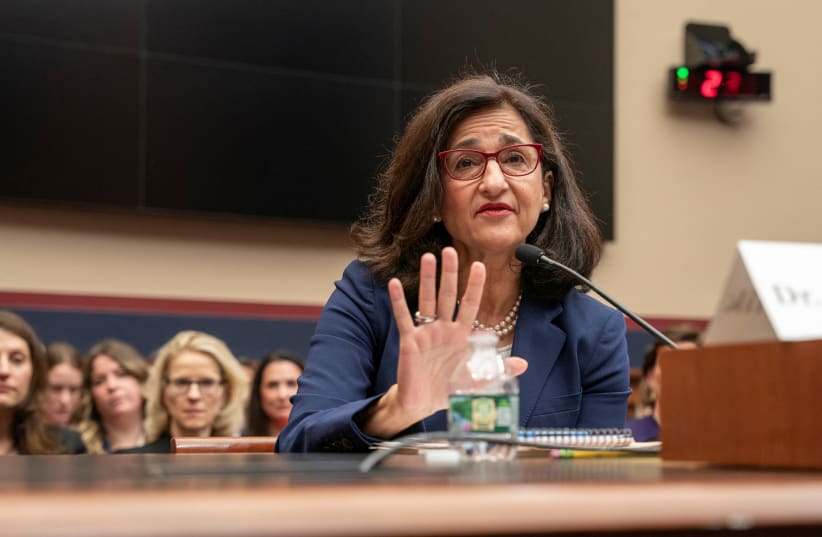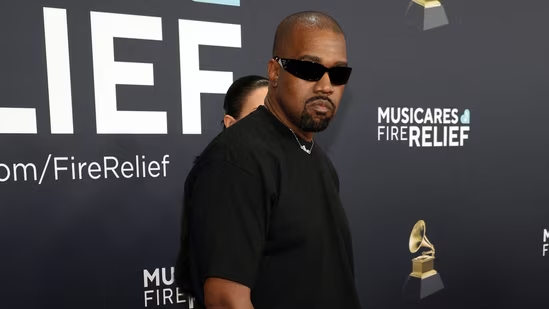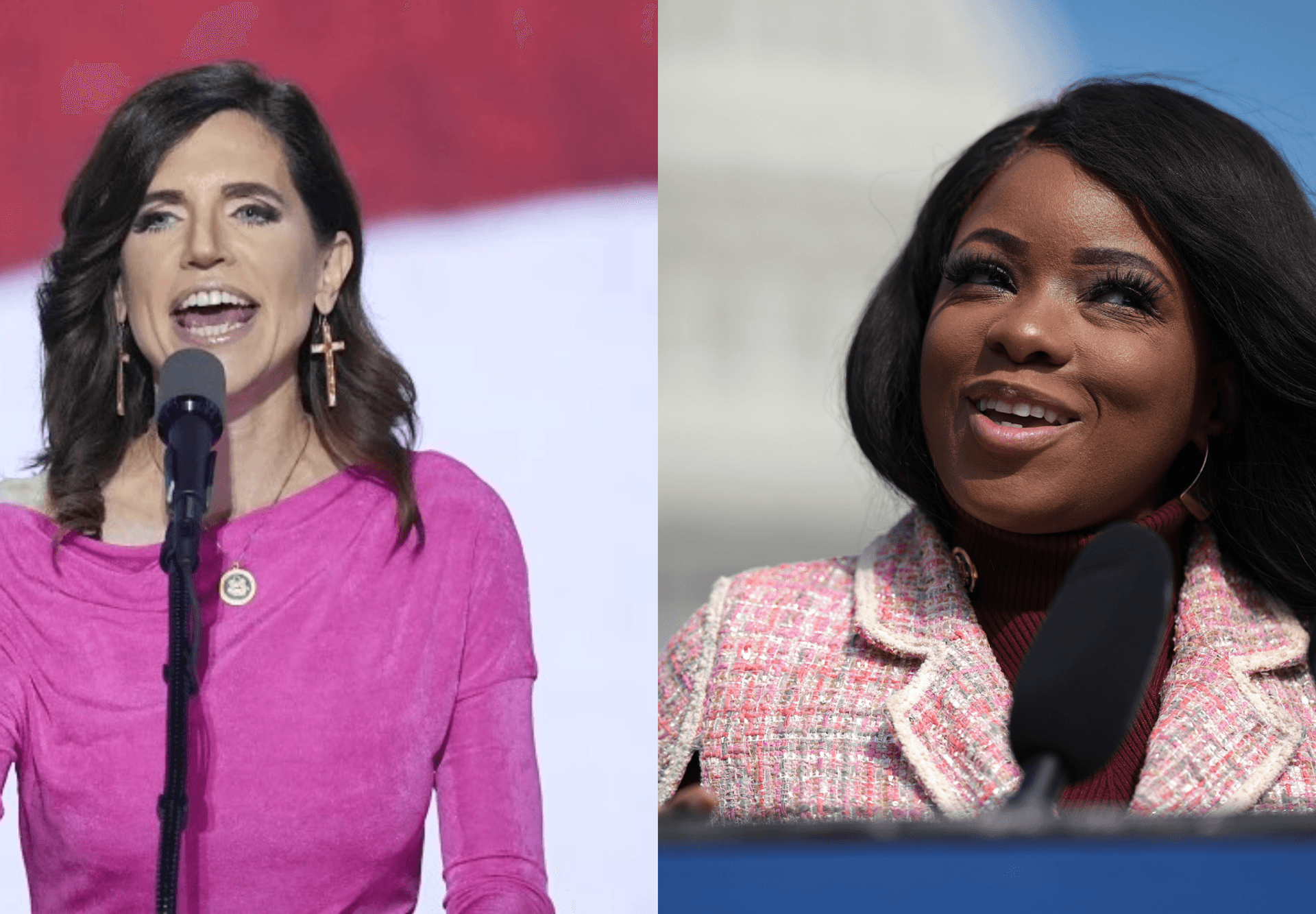Wednesday, 14 August 2024, Columbia University President Dr. Minouche Shafik announced that she would be resigning with immediate effect. The decision came a week before the start of the fall semester and a month after Shafik was criticized over her handling of protests held on campus following the Israel-Hamas war.
In a letter addressed to students and faculty members, Shafik stated, “It is with regret that I am informing you of my resignation as president of Columbia University effective from August 14th, 2024. I have been privileged to head this great institution, and together we have achieved some progress in some substantive areas. However, there were also times of difficulties to overcome on different views and different opinions and to listen to each other.
Protests and Criticism
The protests at Columbia University came amid a wave of protests across US campuses following high tensions after Hamas attack on southern Israel on October 7, 2023, and a prolonged Israeli military campaign in Gaza. The surge in protests began nearly two weeks before Shafik resigned, which had been sparked off by her controversial testimony before a Congressional committee in the US in April 2024.
In testimony, she was hammered by members of Congress which includes Virginia Foxx from North Carolina and Burgess Owens from Utah over allegations that she has allowed the university to tolerate intolerance against Jewish students. More than 100 protesters were arrested in April, covering the Columbia protests, which ended with the building of an encampment in the middle of campus and the occupation of one administrative building for 12 days.
Shafik Resigns: Future Plans
Writing in her resignation email, Shafik, a British-American, said the period of turmoil had a “considerable toll” on her family, as on others in the community. She added that she spent this summer reflecting and came to the realization that her departure would be best and enable Columbia to move further with challenges ahead.
Shafik disclosed that the UK’s Foreign Secretary has called her to lead a review of the state’s international development policies, as this would bring her back in the UK Parliament’s House of Lords once again. She was thankful for the chance given by saying, “I am so glad and grateful that through this return, I will be able once again to engage with issues affecting the world’s poorest countries and how we can make sure their growth is sustainable, two things which have fascinated me all my life.
Interim Leadership and Campus Response
According to Columbia’s website, Dr. Katrina Armstrong has been named interim president, after Shafik resigned. It was a shock to everyone, with the new term to start in exactly a month, on the 3rd of September, 2024.
Others on campus have questioned whether Shafik’s timing was right, and what that really means for the operations of the university, moving forward. Others have come out in support, saying she did the right thing in light of the intractable issues she was dealing with around the protests and criticism from Congress and campus constituents.”
Conclusion
The resignation of Columbia University President Dr. Minouche Shafik is one of the most remarkable moments in the institution’s history. Her resignation was followed by continuous campus protests and severe criticism leveled against her, and the way she handled the situation, therefore putting a limelight on the multi-dimensional challenges faced by the modern university campus in the current political and social context.
As Columbia University moves forward under interim leadership, it remains to be seen how the institution is going to take up the concerns voiced by the protests and work toward healing the divisions of the community. The task that lies ahead for the next President of the university is not an easy one since it will require leading through tricky situations while at the same time establishing a definite future course of action.








